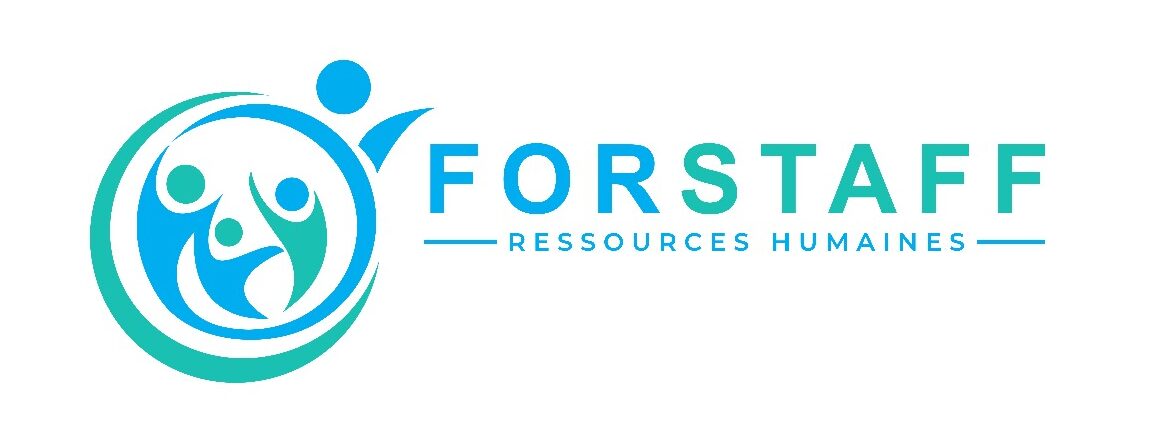What Diplomas and Training Are Required to Work in Home Care?
Home care is one of the fastest-growing sectors in Quebec. With an aging population and growing demand for personalized, in-home medical assistance, more families are turning to qualified professionals to care for their loved ones at home. But what does it take to work in this essential field?
Whether you’re just starting your career or looking to expand your credentials, this guide covers the diplomas, certifications, and essential training required to work in home care in Quebec.

Common Job Roles in Home Care
Before diving into training requirements, it’s important to understand the main positions in home care:
Personal Support Worker (PAB – Préposé aux bénéficiaires)
Licensed Practical Nurse (LPN – Infirmier(ère) auxiliaire)
Registered Nurse (RN)
Home Care Assistant / Family Helper
Health Care Attendant
Each role requires specific skills and comes with its own set of responsibilities and legal authorizations.
Becoming a Personal Support Worker (PAB)
The PAB is often the first point of contact for patients at home. These workers provide essential daily assistance like hygiene, meal prep, mobility help, and emotional support.
🎓 Required Training:
DEP – Assistance to the Person in a Health Care Facility and at Home
Offered through recognized vocational training centers (CFPs) across Quebec.
Approx. 870 hours, including internships in real environments (including home settings).
This is an ideal entry-level training program that provides rapid access to employment and can be a stepping stone toward more advanced health roles.
Licensed Practical Nurse (LPN): A More Advanced Role
LPNs (infirmiers(ères) auxiliaires) provide basic nursing care, administer medications, perform wound care, and monitor patients—all under the supervision of registered nurses or physicians.
🎓 Required Training:
DEP – Health, Assistance and Nursing
Approx. 1,800 hours.
Must be registered with the Ordre des infirmières et infirmiers auxiliaires du Québec (OIIAQ).
To expand your responsibilities, you can pursue additional training through the Expanded Role for LPNs program.
🔗 Explore our Expanded Role Training for Nurses
With this training, LPNs can:
Perform minor medical procedures.
Work more autonomously in home environments.
Meet growing demands in Quebec’s health system.
Law 90 Training: For Delegated Medical Acts
Law 90, passed in 2002, outlines specific medical acts that can only be performed by certified professionals. However, some tasks may be delegated to support workers or LPNs—if they’ve had proper training.
This includes:
Administering medications via injection.
Advanced vital signs monitoring.
Stoma or wound care.
🔗 Learn more about Forstaff’s Law 90 Training
This training is essential for those working in home care environments where nurses and physicians may not be present at all times.
Other Recommended Certifications
In addition to official diplomas and professional programs, home care workers are encouraged (and often required) to complete the following:
PDSB – Safe Patient Handling
Teaches how to move and transfer patients safely, without risk of injury to the worker or patient.
CPR/AED – First Aid & Emergency Response
Mandatory for most positions to handle urgent situations properly.
Infection Prevention and Hygiene Protocols
Critical training, especially post-pandemic, to keep clients safe in their homes.
These complementary certifications strengthen your profile and enhance your ability to provide high-quality, safe, and compliant care.
Soft Skills: Just as Important as Technical Ones
Working in someone’s private home is very different from working in a hospital or care facility. The environment requires strong interpersonal skills, professionalism, and adaptability.
Qualities we value at Forstaff:
Empathy and compassion
Discretion and respect for privacy
Adaptability and autonomy
Clear communication
At Forstaff.ca, we look for professionals who bring not only training, but also a human-centered approach to care.
Why Train with Forstaff?
Forstaff offers professional training programs tailored to the realities of the Quebec health care system. Whether you’re entering the industry or upgrading your qualifications, our courses are:
- Recognized by local authorities
- Practical and hands-on
- Flexible and designed for real-world needs
- Delivered by experienced instructors
Our training helps you meet employer expectations, comply with provincial regulations, and prepare for a rewarding, meaningful career.
The Home Care Job Market is Booming
Home care isn’t just a job—it’s a career with a strong future outlook. There’s high demand for trained workers, especially those with specialized credentials like Law 90 and Expanded Role certifications.
At Forstaff, we recruit regularly for:
Licensed practical nurses (LPNs)
Personal support workers (PABs)
Auxiliary and family helpers
Autonomous health professionals
👩⚕️ Visit Forstaff.ca to view our job offers
Final Thoughts
Working in home care offers flexibility, purpose, and daily human connection. But it also demands solid training, clear legal knowledge, and an unwavering dedication to the wellbeing of others.
Whether you’re looking to become a personal support worker or expand your nursing role, Forstaff can help you take the next step.
Explore our training programs, boost your skills, and start your path in Quebec’s most human-centered sector of health care.



